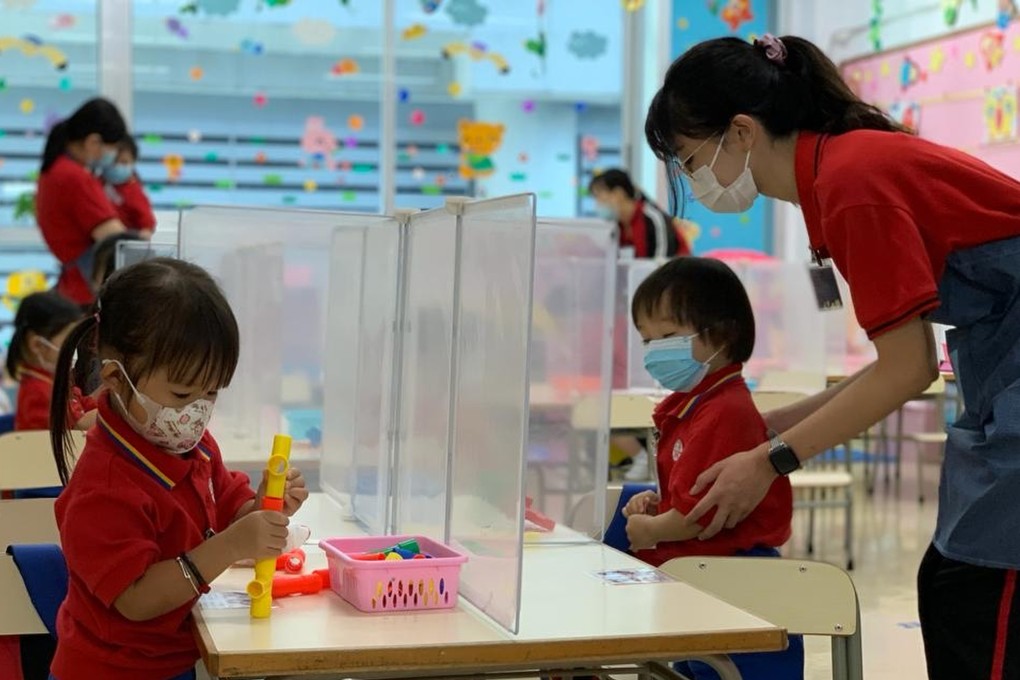Opinion | Hong Kong’s repeated school closures will have a lifelong impact on children
- The evidence is mounting of the long-term negative impacts school closures have on children, from delayed social development to depression and anxiety
- By ignoring the pleas of educators, the government has shown it is willing to sacrifice the future of younger generations for the convenience of others

“Tell me and I forget. Teach me and I remember. Involve me and I learn.” Benjamin Franklin’s words illustrate the value of experiential learning. But how can students be actively engaged in learning when studying online? How can they conduct a chemistry experiment or stage a play remotely?
School shutdowns have created what some are calling a crisis in education. They have also widened the education gap between upper and lower-income communities. As one of the most unequal developed economies in the world, more than one in five Hongkongers live in poverty before policy intervention.
Many disadvantaged students take online classes on a smartphone, and are embarrassed if classmates see their cramped living quarters, often with no desk. With no helpers, low-income parents either have to stay at home and risk losing their jobs, or leave children at home on their own.
